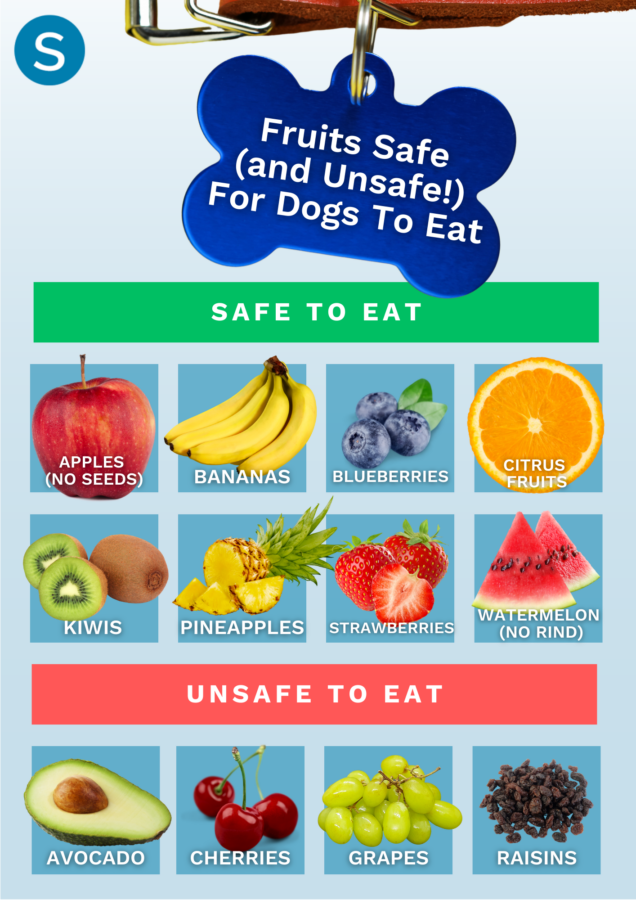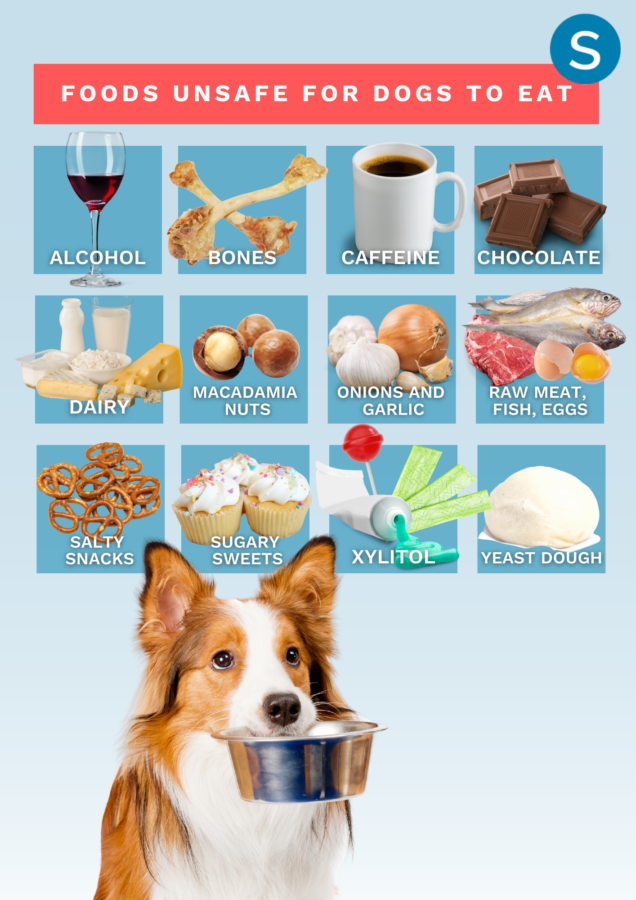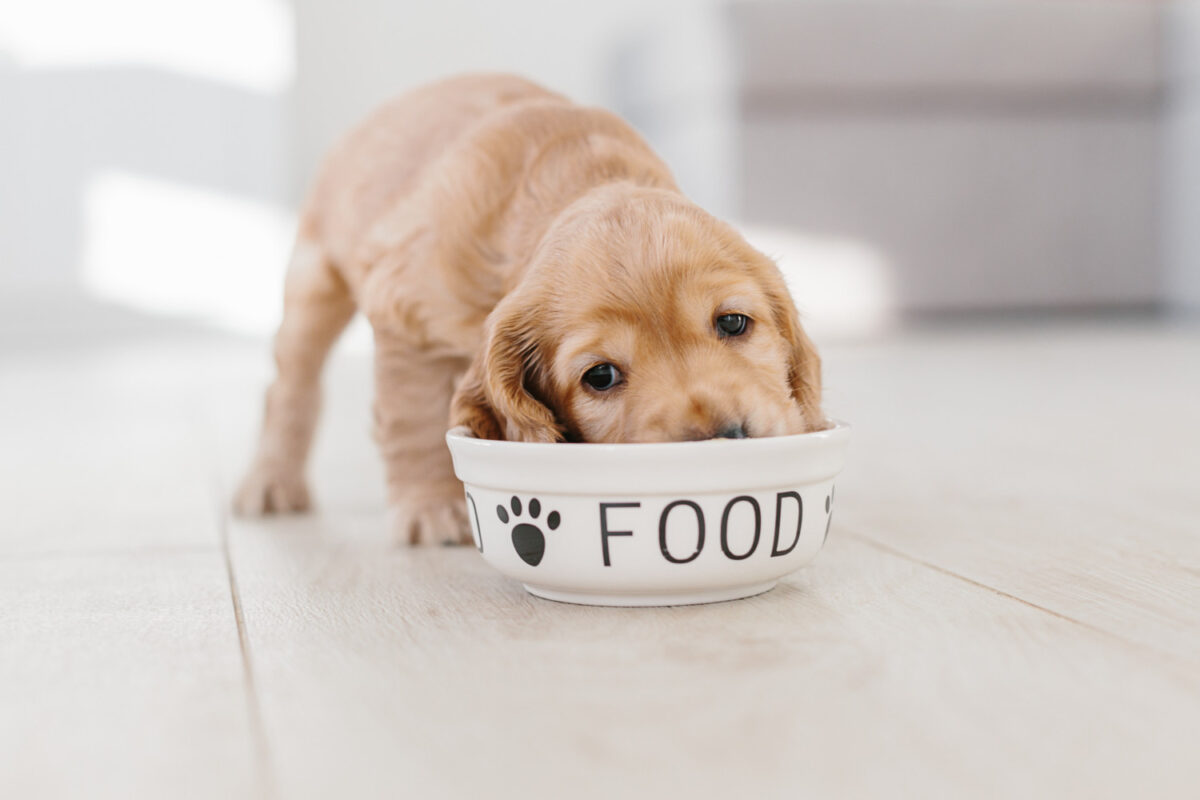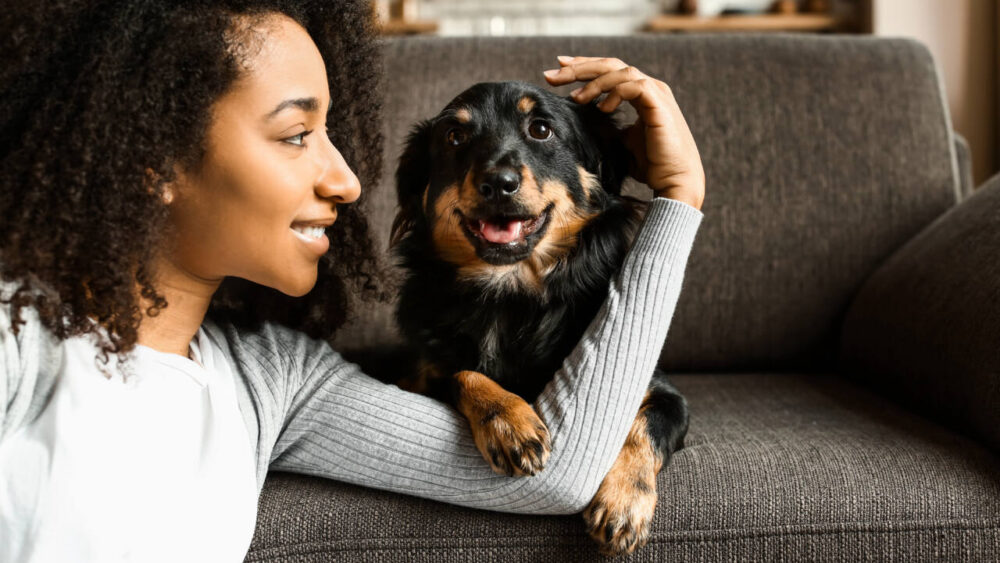These are the fruits that are safe (and not safe) for your dog to eat
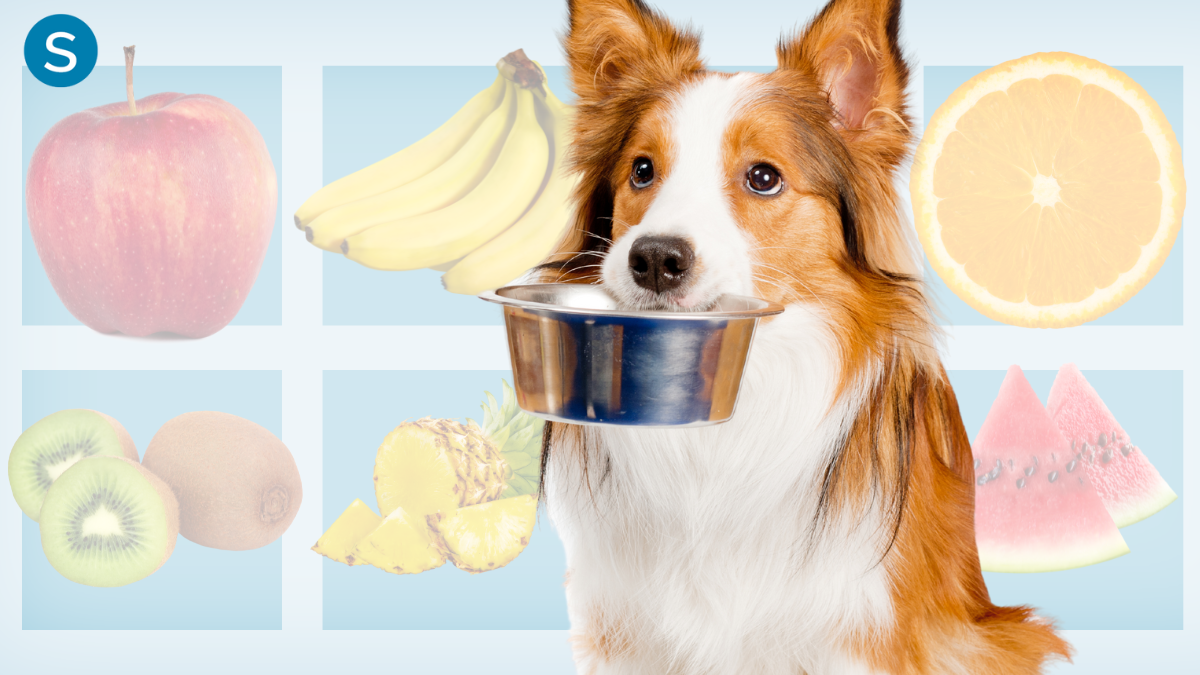
Many people know the dangers of a dog snacking on chocolate, certain flowers or other common items that can be toxic.
But what about fruit? We’ve all dropped a slice of apple or banana on the floor and seen our pup gobble it up before we could grab it. That leads us inevitably to wonder if they’ll be OK after sneaking that snack.
We reached out to a pair of experts from two of the nation’s top veterinary medicine schools — Dr. Sherry Sanderson of the University of Georgia and Dr. Edward Cooper of the Ohio State University — to find out which common fruits are safe for dogs to eat and which ones they should avoid.
Sanderson was quick to point out that most commonly eaten fruits are fine for dogs to eat sparingly.
“Where I have concerns is if pet owners want to give large quantities of these fruits to their dogs,” she said. “If they get carried away with doing that, they could disrupt the nutrient balance of a complete and balanced commercial diet.”
MORE: Low-energy dog breeds you can be lazy with
Sanderson recommended that pet owners limit fruit intake to less than 10% of a dog’s daily caloric intake.
Both of the doctors agreed on which fruits were most dangerous for dogs — noting that grapes and raisins may cause kidney failure — as well as the ones that are safe for consumption.
Avocados are also off-limits, as they can cause vomiting. Nobody wants that!
Their only major difference came in discussing lemons — well, kind of.
While both experts we interviewed agreed that lemons are generally safe for dogs to eat, Sanderson said she would avoid giving them to a pet “out of kindness.” Meanwhile, Cooper joked that it “can be fun to watch their reaction to the bitterness.”
Below is the full list of fruits we asked the doctors about, which includes apples, avocados, bananas, blueberries, cherries, grapes, kiwis, lemons, oranges, peaches, pineapples, raisins, strawberries and watermelon:
Other Foods To Steer Clear Of
There are some other foods that your four-legged friends just can’t process, either.
What may seem like a normal snack to us can be severely damaging to your pet. Keep your pooch happy and healthy by knowing what food should and shouldn’t be a part of their diet.
Most vets recommend keeping human food away from your pets. Our bodies just aren’t built the same. For example, human bodies have adjusted over time to process preservatives and other chemicals found in our food. Dogs haven’t adjusted to these chemicals as they aren’t found in most dog food.
MORE: Human foods that are safe for your cat to eat
Just like humans, dogs can also have allergic reactions. It only takes one table scrap to learn if your pet has one. Avoid giving your pet any scraps of your food when you’re eating. By establishing this rule in your household, you can eliminate any unknown risk to your pet.
Here are a few other foods that your dog should never eat.
Alcohol
When you’re treating yourself to a glass of wine at the end of a long day, don’t let your dog join you. Alcohol impacts animals the same way it impacts people — except it takes a lot less alcohol to achieve those same negative effects. Just a little beer, liquor, wine, or food made with alcohol can cause vomiting, diarrhea, coordination and breathing problems and even death.
MORE: When is it too cold to walk your dog? Consult this handy chart
Animal Bones (and Fat Trimmings)
Although it seems like a classic treat to give your pooch, don’t give your dog a bone. Raw bones are known to splinter, which can cause a blockage in your dog’s throat and stomach. Ouch! Keep your dog pain-free by throwing away any real bones and sticking to the imitations from pet stores. As for trimmings, fat trimmed from meat — whether cooked or uncooked — can cause pancreatitis in dogs.
Caffeine
Coffee, tea, energy drinks, chocolate and even cold medicine and pain pills can contain caffeine, which is a definite no-no for your dog. Pets are much more sensitive to caffeine than humans are, and the smallest amount can raise blood pressure; cause cardiac arrhythmias, tremors or seizures; and cause vomiting and diarrhea. If a pet ingests caffeine and is left untreated, it can even be fatal.
We mention cold medicine and pain pills here, but it’s best to keep your pup away from all medicine intended for humans.
Dairy Products
It may be tempting to give your pooch a lick of your ice cream cone on a hot day, but that sweet moment could trigger food allergies and make your pup less comfy in the long run. Milk and other dairy products can also cause diarrhea and digestive problems. It’s best to treat your dog to some cold water to help them cool off and keep them healthy.
Macadamia Nuts
Foods with macadamia nuts can lead to a lot of nasty problems for your pup, such as muscle weakness and vomiting. It takes only six macadamia nuts to sicken your pup, so steer clear!
Onions and Garlic
Eating alliums in any form can lead to onion poisoning in your pet. Onion poisoning causes anemia, which can appear as lethargy, decreased appetite, weakness and fainting, pale gums and reddish urine.
Raw Meat, Raw Fish and Raw Eggs
If it’s raw, don’t put it in their paws! Even though wild dogs look cool eating raw meat in the movies, it may not be so good for your house pet. Raw food can contain loads of bacteria that can cause vomiting and other stomach issues for your dog.
Salty Snacks and Sugary Sweets
Too much salt can make your dog thirsty and even lead to sodium poisoning, whereas sugar can lead to weight gain, dental issues and even diabetes. When you want to give your dog a treat, stick to commercial dog treats intended for your pup.
Xylitol (Found In Candy, Gum, Toothpaste and More)
Xylitol is an artificial sweetener that allows for insulin to be released into the bloodstream, which isn’t good for most dogs. Too much insulin can cause blood sugar levels to severely drop, which can lead to seizures, vomiting and even liver failure.
Yeast Dough and Pantry Items
Uncooked yeast dough is absolutely off-limits for animals. Dough rises when heated, so it’ll do the same in your dog’s tummy. Avoid this nasty side effect by keeping any raw dough away from your pet.
Other pantry staples like baking powder, baking soda, nutmeg and other spices are also dangerous for dogs, so it’s best to keep Fido out of your food storage.


